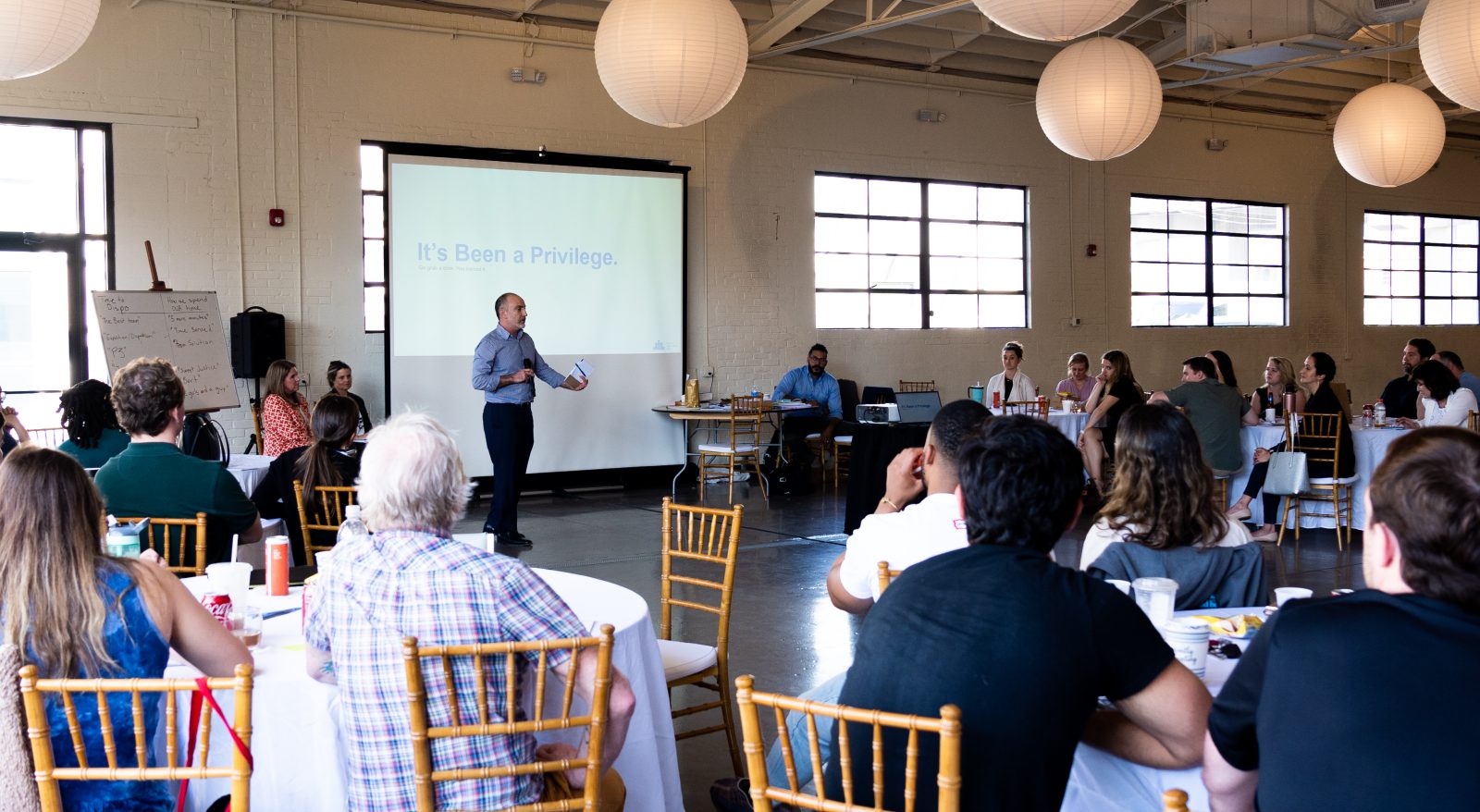By Lawrence Belanger
Local Journalism Initiative
Jared Fishman, a former federal prosecutor in the United States, will be speaking Tuesday, Feb. 21 at 7 p.m. at Centennial Theatre on the Bishop’s University campus as part of the University’s 2022-2023 Donald Lecture Series. He will share his journey from working within the American criminal justice system to working as part of a non-profit to address systemic injustice across that country. “I worked deep within the criminal justice system in the United States for years, and it became clear to me that it was broken,” explained Fishman over the phone.
Fishman is the founder of Justice Innovation Labs, a non-profit that, in his words, “works with criminal justice decision makers to build a more just and equitable justice system in their jurisdictions.” Prior to founding the Justice Innovation Lab, he served for 14 years as a federal prosecutor in the US Department of Justice’s Civil Rights Division. He secured convictions in cases involving police misconduct, hate crimes and human trafficking.
His work led him to different places around the world, from Bosnia and Kosovo to numerous places across the Middle East. He worked cases including but not limited to the US states of Georgia, South Carolina, and California.
“If we really get down to it, people want their needs met. They want to live in stable communities. They want their kids to be safe and to have roofs over their heads, [to have] clean drinking water, and to hang out with their friends,” explains Fishman. “Our politics and political system have made it difficult,” not just in the United States, but in much of the world.
As people realize this, Fishman and his group say they’ve seen communities say that there are certain charges and crimes that they don’t want in the justice system anymore. In pursuit of this ideal, his group works with police departments, prosecutors, and other people in the justice system to analyze their case decisions, arrests, and other data to provide recommendations and solutions to make their stated justice goals align with their actions in the communities they are part of.
According to Fishman, there are over 2,300 different court and law enforcement systems in the United States, due to how much of the US system is decided at the local level. Since these are local elected officials, he believes they have the power to act on their own to change the status quo.
“We work with people who recognize that there’s a problem in the justice system,” explains Fishman. For example, Justice Innovation Labs worked with a chief prosecutor in South Carolina who had been tracking their cases and wanted an assessment of their fairness. What his group found was the over-enforcement of low-level offences. “They had the priorities of public, explains Fishman, “but the reality was that the majority of people in their system were low-level crimes.” Fishman says they then helped that office identify cases where they could divert people out of the system, in order to work on cases that actually do contribute to public safety.”
Fishman believes his group can help bridge what he terms a “gap” between community activists who want less violent, more equitable policing and law enforcement agencies who recognize that issues like mental health and poverty are handled better by social workers or other professionals.
He is also the author of Fire on the Levee: the Murder of Henry Glover and the Search for Justice After Hurricane Katrina, which tells the story of the murder and burning of a Black man after Hurricane Katrina. Fishman’s investigation resulted in the prosecution of five New Orleans Police Department officers.
Made possible by the support of Bishop’s 1960 alumnus John Donald, the Donald Lecture Series brings national and international speakers to the Bishop’s campus to “provide insight, provoke thought, and stimulate debate on the most compelling issues and events in the world today.”
All lectures are free of charge and open to the public.


